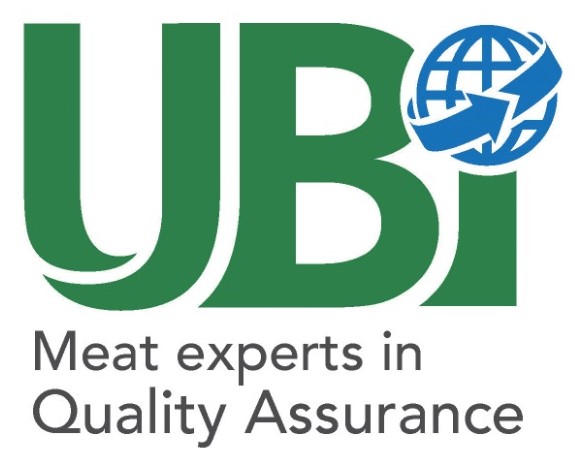Vegan Propaganda and Meat: Separating Fact From Fiction
By Michael Joseph – August 31, 2018
 Many people love animals, and some of us make the ethical decision not to eat meat.
Many people love animals, and some of us make the ethical decision not to eat meat.
That is absolutely fine and as an animal lover, it’s definitely something I can respect.
While I personally don’t think a vegan diet is optimal, I recognize that with careful formulation it is possible to be healthy on a vegan diet.
In truth, humans around the world have demonstrated good health on a variety of different diets – the main key is the avoidance of industrial junk foods.
So, this article is not an attack on veganism—which is a personal choice—but it is a criticism of scaremongering claims and mistruths.
People often refer to this information as ‘vegan propaganda’.
Dietary Dogma is the Wrong Way Forward
Firstly, ‘dietary dogma’ works both ways.
Many people want—or need—to believe that their exact dietary choice is the best way of eating for everyone.
Some of these people are on vegan diets, others are on ketogenic/paleo diets or a wealth of other dietary systems.
The truth is that no – being a vegan does not mean you are immune to developing cardiovascular disease.
Vice versa, eating the smallest amount of carbohydrate possible doesn’t mean “cancer can’t grow”.
Both of these statements are very common in the online space, and frankly, they are both complete junk science.
Yes, a healthy well-formulated diet can help protect against various diseases, but it doesn’t make someone bulletproof.
What is Vegan Propaganda?
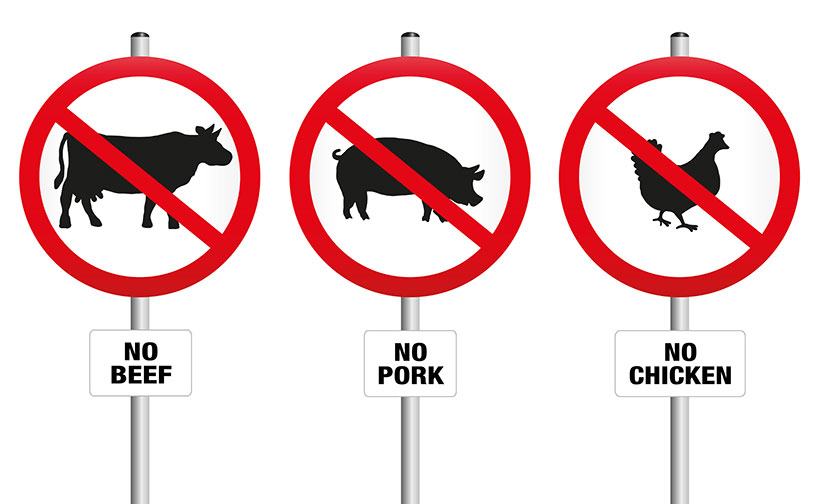
Leaving our personal dietary beliefs at the door, vegan propaganda is not individuals or organizations who write about the vegan diet.
There are a lot of unhealthy food products around, and those who discuss making a vegan diet as healthy as possible are helping the many people who choose to be vegan.
All they are doing is following their beliefs and trying to help others who believe in the same things.
However, the complete criticism of any other dietary system, and large marketing campaigns to try to convince people that only veganism is healthy?
Yes, that is a kind of propaganda.
Spending large amounts of money to promote that meat, cheese and eggs cause disease?
That is blatant propaganda too.
Animal advocacy groups like People For the Ethical Treatment of Animals (PETA) and the Physicians Committee for Responsible Medicine (PCRM) are responsible for such claims.
These organizations do some admirable work relating to animal cruelty, but they appear to have a political agenda rather than taking an equal, non-biased and evidence-based position on meat and nutrition.
Unfortunately, some of the claims made about cholesterol, meat and animal foods ignore the bulk of recent research.
Moving on, let’s look at some of the propaganda style claims we hear from vegans in a bit more detail.
Claim 1: Meat “Causes” Heart Disease and Cancer
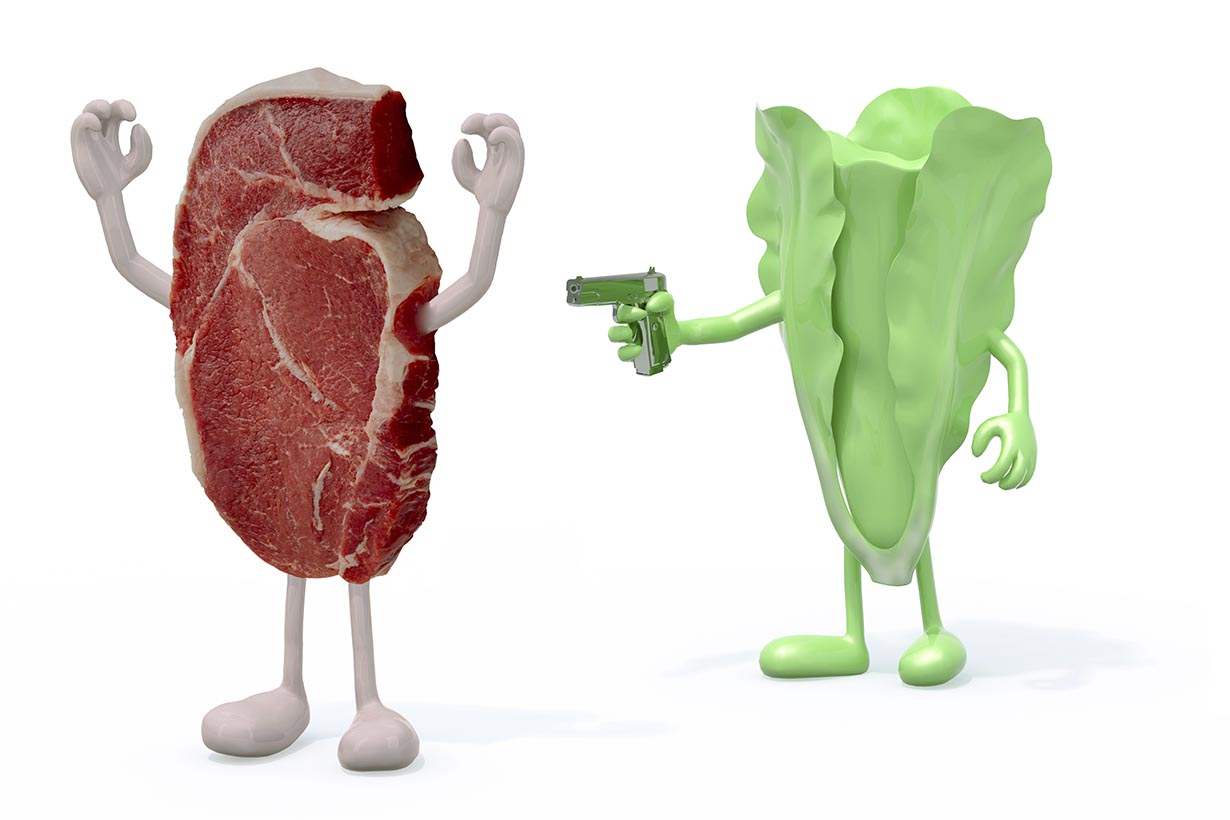
There are various epidemiological studies showing that red meat eaters have a slightly higher rate of heart disease (1, 2).
As a result, some claim that “red meat causes heart disease”.
First of all, correlation does not equal causation and secondly, higher heart disease rates in red meat eaters isn’t entirely surprising.
One reason why is that these studies rarely ever differentiate between processed and non-processed meat.
Given that approximately 57.9% of calories in the US diet come from ultra-processed food, it’s safe to say that the majority of red meat eaters are eating their meat alongside some fries and cola.
Or perhaps in a TV dinner full of refined grains and trans fat.
So, that asks the question of which culprit is causing the problem: the meat or the junk food?
What Do Controlled Studies Show?
How about the “dangers” for those who eat unprocessed, fresh red meat alongside some vegetables?
Well, there are no studies for that.
Perhaps a randomized, controlled trial (RCT) which controls for sugar/junk food consumption?
Nope, none of those either.
However, there was a recent meta-analysis of 24 short-term RCTs investigating how red meat affects lipid levels and cardiovascular risk factors.
The findings? Red meat has a neutral impact on cardiovascular risk factors.
In fact, among the participants, cholesterol, triglycerides and the total cholesterol-HDL ratio dropped over time (3).
Is red meat harmful? That likely depends on precisely what you are eating, and the accompanying foods.
But does it clearly “cause” heart disease?
Only according to vegan propaganda.
Claim 2: Broccoli Has More Protein Per Calorie Than Beef

The claim that various vegetables—usually broccoli—have more protein than meat is designed to show that meat protein is not necessary.
But is this common vegan claim actually true?
Beef Skirt Steaks Per 100g (4)
- Calories: 205
- Protein: 26.7g
This works out to 0.13 grams of protein per calorie.
Broccoli Per 100g (5)
- Calories: 34
- Protein: 2.8g
Broccoli has 0.082 grams of protein per calorie.
No, Vegetables Do Not Contain More Protein Than Meat
The reasonably fatty cut of beef above contains more protein than broccoli per calorie.
Lean beef would contain a lot more protein, and a really fatty steak might contain a similar amount.
However, to get the same amount of protein as 100g of meat, you would need to eat well over 1kg of broccoli!
This is neither cost-effective nor realistic and probably unhealthy.
Lastly, a vegetable source of protein (alone) is not a complete source of protein while meat is.
Claim 3: Apes Don’t Eat Meat – So Humans Shouldn’t Either
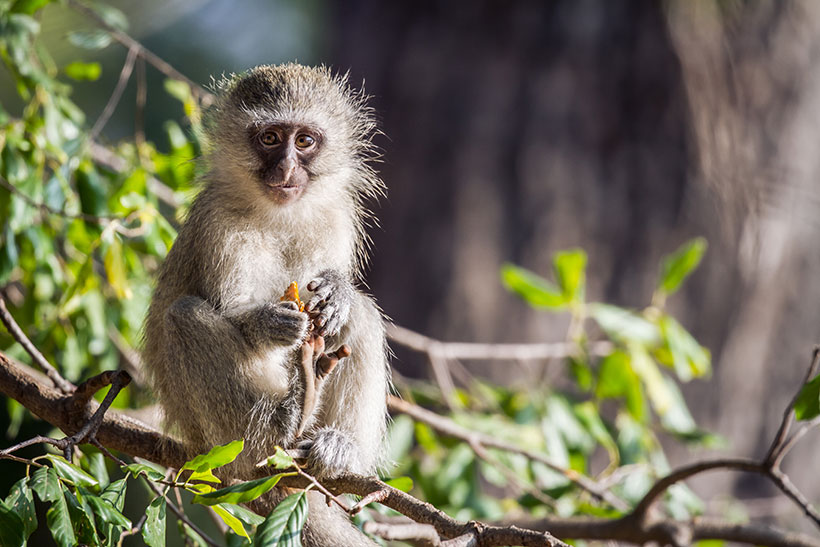
There are claims that because humans and our primate relatives are closely related, we shouldn’t eat meat.
This basically stems from the fact that apes don’t develop the same diseases as humans.
There are two interesting points on this issue;
1) Some Wild Apes DO Eat Meat
Various wild apes do eat meat, this can either be because they have a taste for it, or an opportunistic strike when feeling hungry.
You only need to search or look at Youtube (caution advised) to see how carnivorous some of these primates are.
2) Wild Chimpanzees and Gorillas Don’t Develop Atherosclerosis, But Captive Ones Do
Chimpanzees very rarely develop coronary atherosclerosis in the wild, a disease that is now an epidemic in humans.
However, it is interesting to note that heart disease is now the predominant cause of death in captive chimpanzees (6, 7).
These animals generally feed on a low cholesterol diet, full of fortified processed food, and plenty of fruits and vegetables.
So, if it isn’t meat causing captive chimps to develop heart disease, what is?
Case Western Reserve University took a long look at this issue in relation to Western lowland gorillas in US zoos.
Heart disease is the biggest killer of these animals, so researchers decided to test a new dietary regime at Cleveland Metroparks Zoo.
As part of this, the high-sugar, high-starch and high-glycemic diet of the gorillas was replaced by a diet of beans, seeds, and greens.
The result?
The gorillas lost a lot of weight—65lbs in a year—despite their new diet being higher in calories (8).
In other words, once the gorillas came off the diet high in processed food and excessive amounts of high-sugar fruits, their health improved.
Both of these diets were vegan with one difference; one was full of processed food and the other wasn’t.
The lesson: junk foods are bad, whether they are meat-based or plant-based.
Likewise, cutting out processed food would improve the health of most humans too – no matter what their preferred diet is.
You can see a short video on this research here;
Claim 4 – Meat/Fat is Bad – and Vegan Products Are Healthier
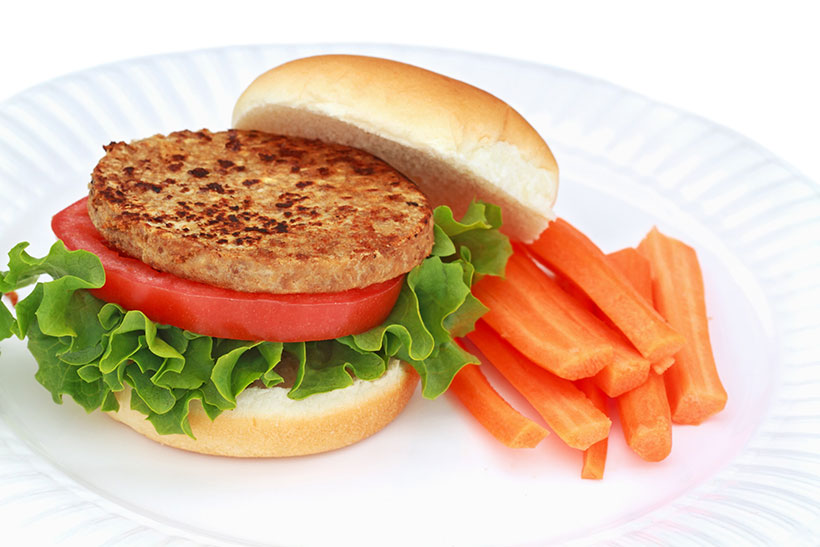
Admittedly, this claim is not pushed by health-conscious vegans.
However, it’s easy to see vegan propaganda and marketing claims that margarine and fake “veggie burgers” are better for us than real butter and burgers.
Butter and burgers each only need one ingredient, which is pure butterfat and beef respectively. Both are natural foods that humans have been eating for thousands of years.
Margarine?
Well, that’s some chemical concoction of who knows how many ingredients. In general, it contains a random mix of vegetable oils, artificial colorings, flavorings, and interesterified fats – which research suggests may potentially damage the heart (9, 10, 11).
“Plant-based” doesn’t always make something healthy, and printing “made from 100% plant oils” on a tub of margarine does nothing to change that.
Alternative plant-based burgers don’t get much better either, and they’re generally made from a highly processed combination of protein powder, vegetable oil, flavorings, and gluten to stick it all together.
Whether you’re a meat eater or a vegan, real food always wins.
Scaremongering About Meat and Eggs
 Different people have arguments both for and against veganism, covering ethical considerations, health and more.
Different people have arguments both for and against veganism, covering ethical considerations, health and more.
But there is absolutely no evidence that vegan diets are better than other diets.
Further, there is more chance they can be harmful if not carefully formulated to prevent nutrient deficiencies.
I realize that many people who spread these vegan messages are extremely passionate about their cause and love animals.
But at the end of the day, their biggest concern/focus should be on animal cruelty.
Most people are not inhumane and care deeply about animal welfare — whether they are meat eaters or vegan.
However, scaremongering that meat and eggs will kill you because they are high in fat and cholesterol is just baseless propaganda.
The bulk of recent research absolutely refutes these claims, and repeating them, again and again, is not going to change this.
Animal Welfare is Important
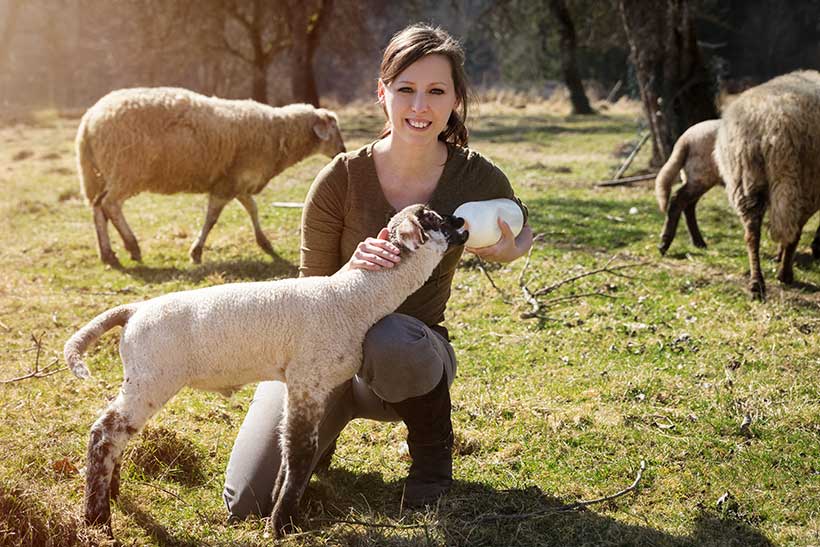
The idea of an animal being slaughtered for food is never nice.
Neither is a lion catching a zebra in the African plains, or a desperate fish struggling to get away from a predator.
But the food chain is a fact of life, and many animals eat other animals.
What should not be tolerated is cruelty to animals.
Admittedly, there are big problems with the commercial meat industry and animal welfare needs improving across the board.
However, I believe there’s a much better chance of doing this if animal rights campaigners focus on the facts about animal welfare.
People care a lot more about animals than they do about misguided health claims.
